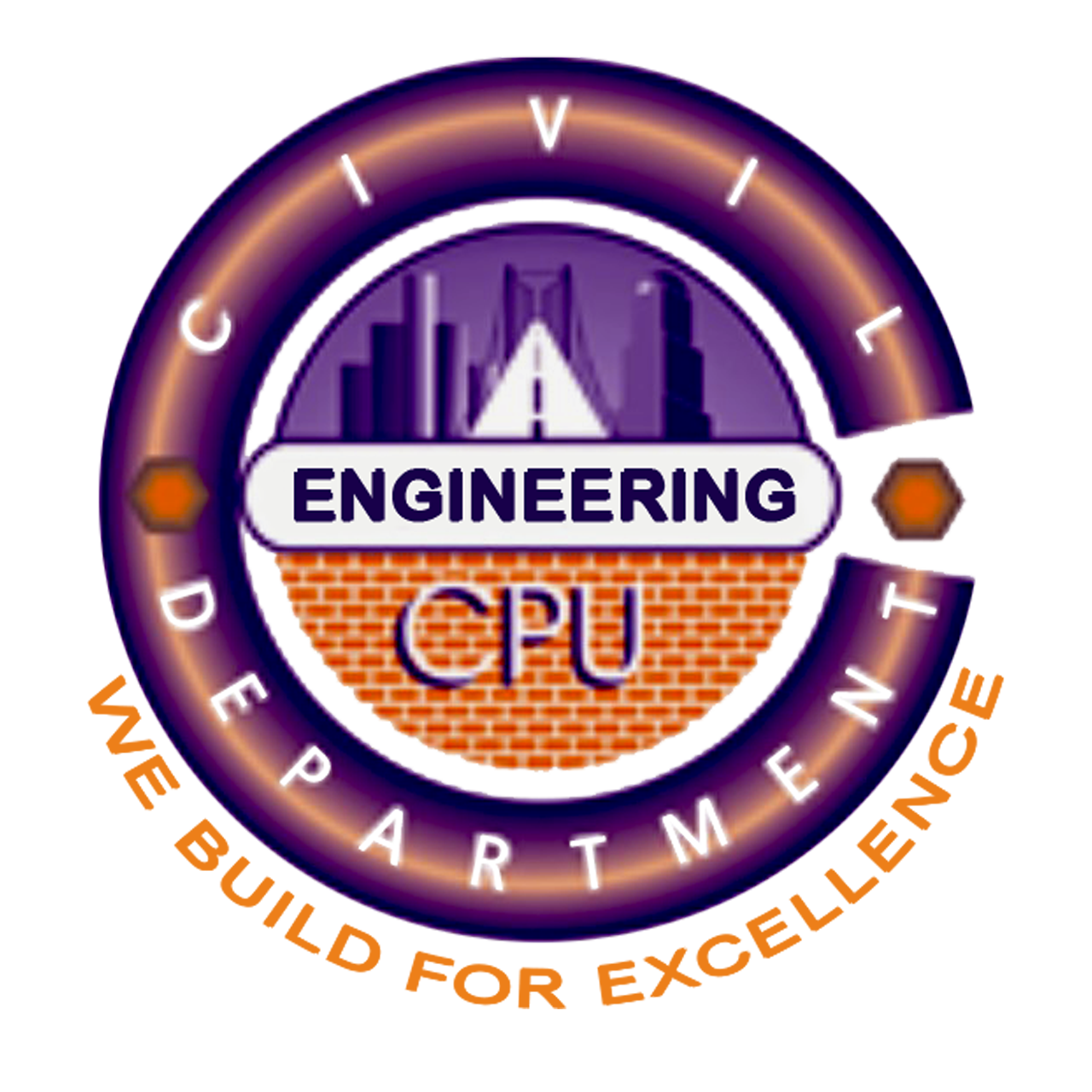Software Engineering
Overview
According to IEEE’s definition, software engineering can be defined as the application of a systematic, disciplined, quantifiable approach to the development, operation, and maintenance of software, and the study of these approaches; that is, the application of engineering to software.
Software engineering has as one of its primary objectives the production of programs that meet specifications, has minimal defects, produced on time, and within budget. SEs must think creatively about the design of software systems, find clever solutions to problems, exploit the best engineering practices, and maintain a high-level vision of how all the parts fit together.

The Practice of Software Engineering
Software engineering is based on computer science in the same way other engineering disciplines are based on physical sciences. However, it adds an emphasis on issues of requirements, process, design, measurement, analysis, verification, and quality assurance, providing a strong foundation in engineering principles and practice as applied to software development. A well-trained software engineer can demonstrate mastery of computer science fundamentals such as mathematics, data structures, algorithms, databases, networking protocols, and machine learning, as well as the aforementioned software engineering knowledge areas.
“Every business will be a software business”, says Satya Nadella, Microsoft CEO. “Every business is, willingly or unwillingly, a competitor on a software playing field, no matter which sector it is in”, says the Harvard Business Review. Almost every industry employs a team of software engineers forming the digital backbone of their operations. Software engineers don’t have to work in a Google or an Uber, their workplace could be just the coffee shop nearby. In that sense, it is not uncommon to see software engineers being immersed in other domains such as commerce, finance, accounting, insurance, medicine, pharmaceuticals, entertainment, social media, government, education, etc.







